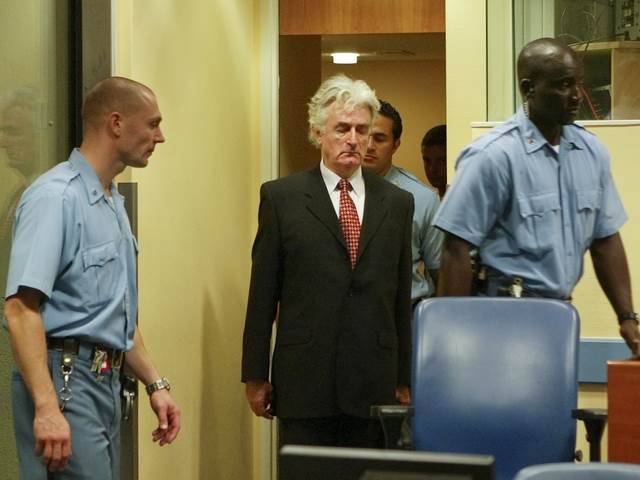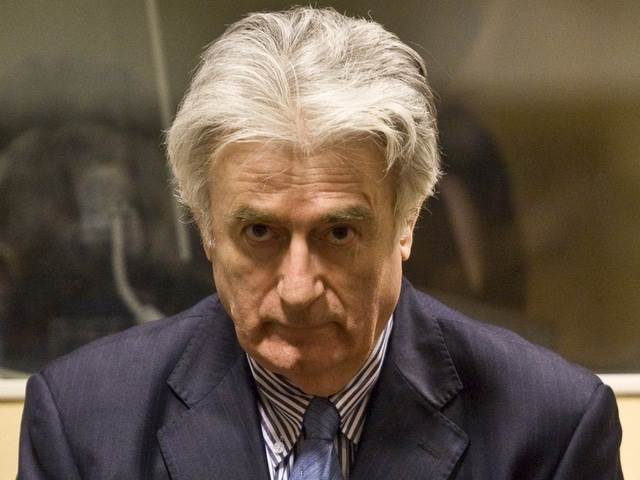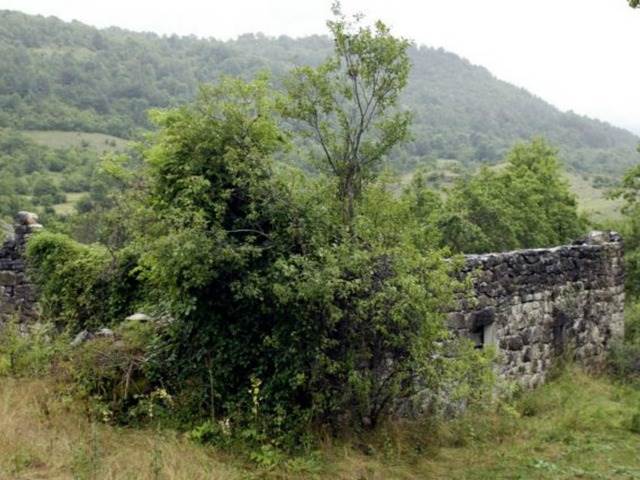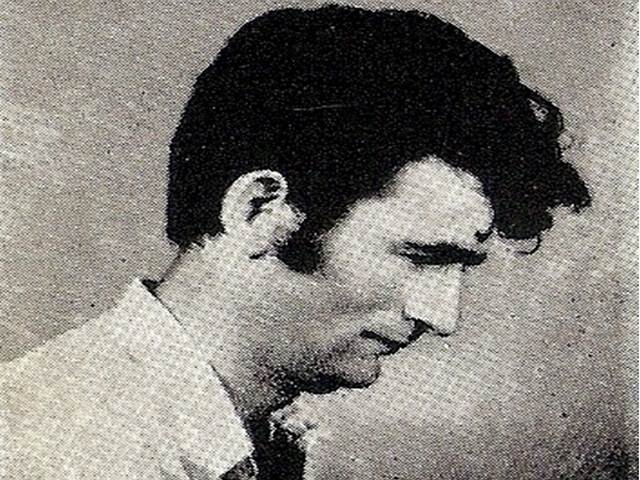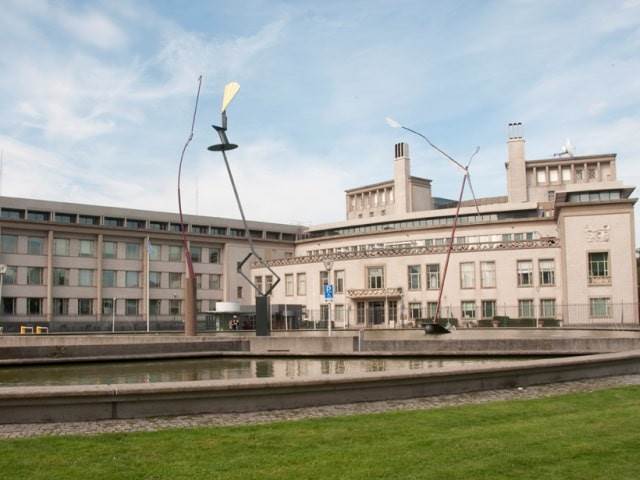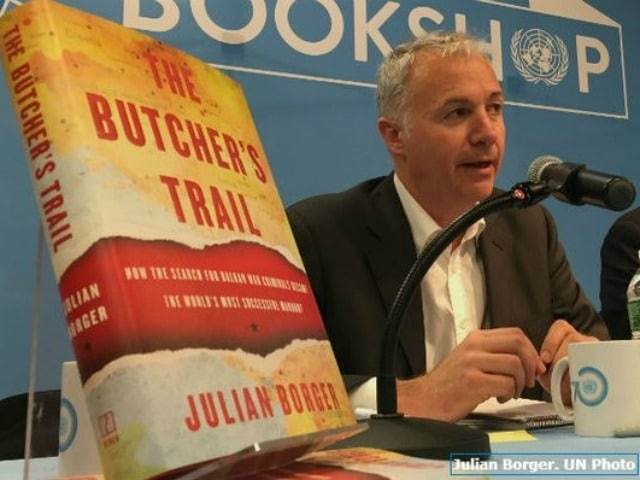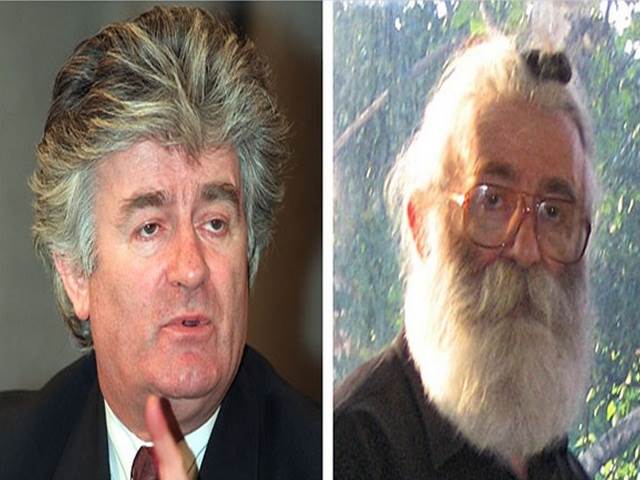During Radovan Karadzic’s marathon trial, the prosecution brought witnesses to prove he was guilty of genocide and crimes against humanity, while testimony from the defence disputed the crimes or tried...
In a defiant interview before his trial verdict, wartime Bosnian Serb leader Radovan Karadzic insists that ‘no reasonable court’ would convict him of genocide and war crimes, despite the evidence...
For his relatives in his home village of Petnjica in Montenegro, Radovan Karadzic is not a war criminal but a local boy who made good and strived to protect the...
Radovan Karadzic has had various roles in his lifetime - psychiatrist, poet, political leader and fugitive - but this week he could be sentenced to spend the rest of it...
The Hague Tribunal has legal precedents for some of the charges against Radovan Karadzic, but allegations that genocide was committed in 1992 and UN peacekeepers were taken hostage have never...
Bosnian Serb leader Radovan Karadzic evaded capture for over a decade because international forces and the Serbian authorities were unwilling and then unable to arrest him, says British author Julian...
Next week’s verdict in the war crimes trial of former Bosnian Serb President Radovan Karadzic will be a judicial landmark but cannot heal the lasting divisions of wartime.
The UN war crimes tribunal in The Hague will hand down its verdict in the case against former Bosnian Serb President Radovan Karadzic in five weeks’ time.
Testifying in defence of Ratko Mladic, former Bosnian Serb deputy interior minister Dragan Kijac said that in 1996 he gave fake identification cards to Srebrenica massacre suspects so they could...
Former Bosnian Serb leader Radovan Karadzic has asked the UN to investigate an alleged increase in the number of malignant diseases among defendants in the Hague tribunal.

